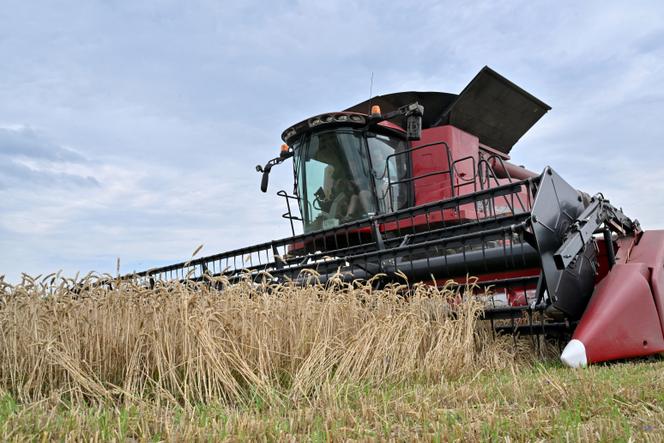


It took less than a fortnight for the European Commission to decide on the reintroduction of customs duties on Ukrainian oats, sugar and eggs, which until now had entered the domestic market freely. In June 2022, following Russia's invasion of Ukraine on February 24, of that year, Europeans, in a bid to help Kyiv, had opened their borders to Ukrainian agricultural products.
Prevented by the Russian blockade of the Black Sea from exporting to its traditional markets, Ukraine immediately redirected its sales to the European Union (EU) at particularly competitive prices. By 2023, according to the Commission, it had become the EU's third-largest supplier of agri-food products (7% of its imports), behind Brazil and the UK. In detail, it sold 10 times more eggs and barley in Europe than before the war, and 20 times more wheat.
Against this backdrop, in the run-up to the European elections and amid rural discontent, the Europeans decided in April to put an end to this preferential regime in June 2025 and by then to negotiate a replacement free-trade agreement. In the meantime, they agreed to reintroduce customs duties on Ukrainian exports of poultry, eggs, sugar, corn, honey, oats and groats if they exceed their average annual level observed between mid-2021 and the end of 2023.
It was this emergency brake that the Commission decided to activate on June 18, for oats and on July 1, for eggs and sugar, as exports from Ukraine had already exceeded the annual quota set by the EU-27 in April. As a result, until the end of the year, Ukrainian sugar will be taxed at a rate of €419 per metric ton, oats at €89 per metric ton and eggs at €30.40 per 100 kilos.
Between January 1 and June 5, 2025, these three Ukrainian products will again be exempt from customs duties as long as their exports remain below the five-month average between mid-2021 and the end of 2023. Beyond this threshold, they will again be subject to levies.
The other four products, which have been exempt from unlimited customs duties since April, have so far not exceeded the authorized quota. But this could be temporary. In the case of poultry, Ukrainian exports to the EU have so far reached 56% of the agreed volumes. For honey, the percentage rises to 80%, for corn to 62%, and for groats to 87%.
The Commission's decision to tax imports of oats, sugar and eggs has been criticized by the food industry whose production costs it raises. Farmers, on the other hand, have welcomed the move, deeming Ukrainian competition unfair. "This automatic safeguard is economically unjustified for sugar and incoherent with the EU's promise to support Ukraine and pave the way towards accession," said Yuriy Sharanov, chairman of the Committee of European Sugar Users, which represents major sugar-processing companies, in a press release.
You have 25.28% of this article left to read. The rest is for subscribers only.
